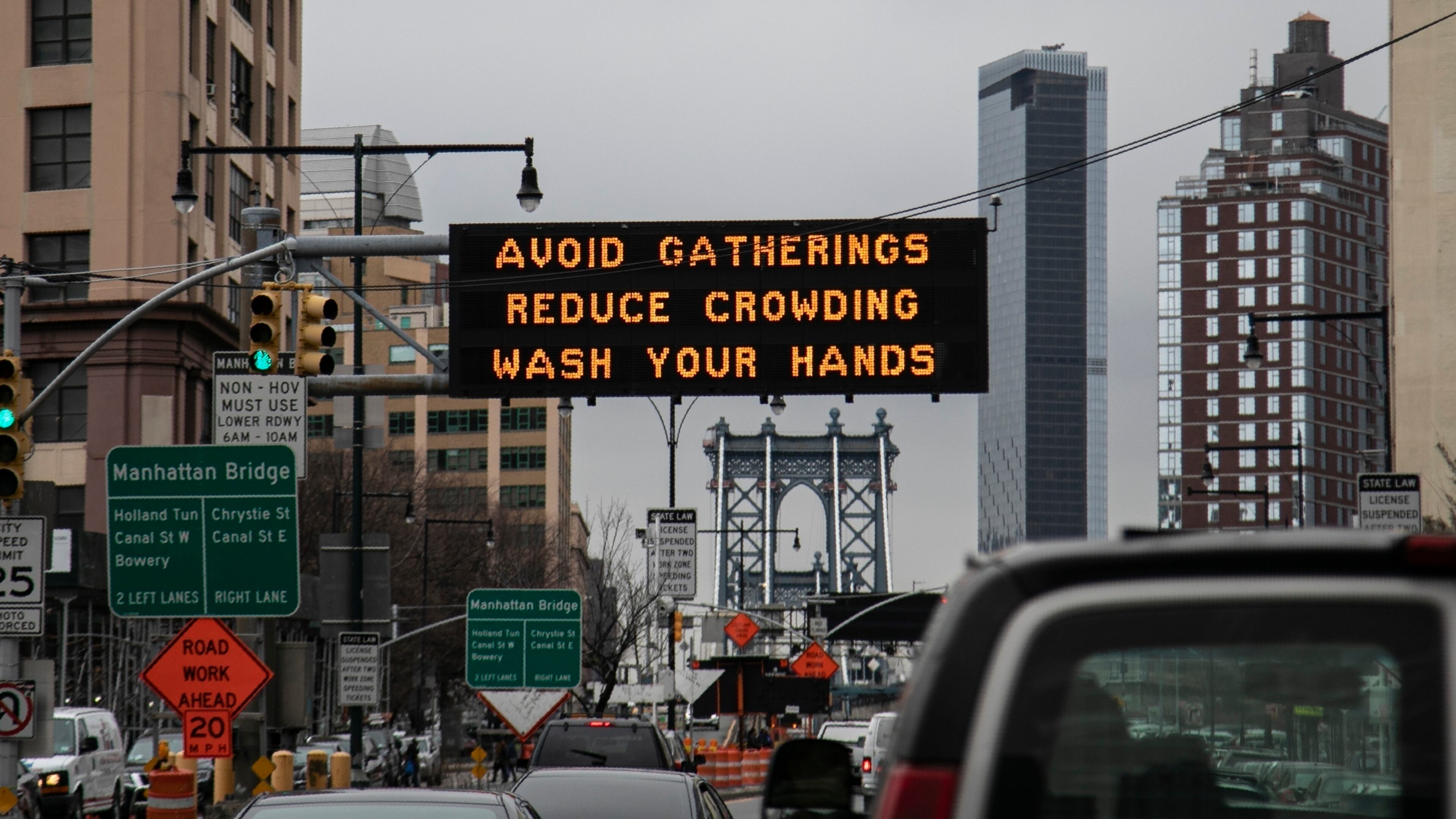Opinion: Practicing isolation in South Georgia when hardly anyone else seems to be

Rachel Grimes is a tenth grade ELA teacher at Ware County High School in Waycross, Georgia.
She has a blog that is worth reading.
And many of you are fans already – Grimes wrote a powerful AJC Get Schooled guest blog three years ago that people are still talking about: "I'm a teacher and I don't want to die with your child in a tornado."
You can read moving posts from her blog here and here.
Grimes’ husband, also a teacher, is in four high risk categories for the coronavirus. She fears not enough people in her area are taking the threat seriously and are still out and about.
By Rachel Grimes
My husband, Greg, who, like me, is a high school teacher, had a bone marrow transplant 20 years ago for chronic myelogenous leukemia, and he has had two cancers since, both oral squamous cell carcinomas that have required extensive surgeries. He has a skin graft from his arm in his mouth---there was literally arm hair growing in his mouth (which thrilled the doctors because it meant the graft took so well). He had two heart surgeries -- one, fully open heart --in the fall, so he is now in four high-risk categories.
Our daughter Abigail is a sophomore at Yale University, where there have been a few cases. She came home a week ago, and we immediately went into isolation mode -- only her boyfriend, who was visiting with her in Connecticut, was allowed in our house.
My husband and I did not go to school on Monday (we are both teachers), even though we have no sick days to spare, simply because we understand virus transmission, and we did not want to chance Abigail having it and us incidentally bringing it to the school.
Again, no one is allowed in our home, and we are not going in anyone's home, either. No one's. I have turned my brother, young nieces, and best friends away at my door.
People are grocery shopping for us--after almost 20 years of my husband being ill, our support system is secure, and they understand the gravity of our situation. I would, however, be willing to bet that there are people in the community who think my husband will be one of the first to get it -- and they are probably praying very diligently for him not to.
(In general, we have experienced a great deal of bad luck and misfortune--in addition to Greg's medical woes, we had a granddaughter stillborn with anencephaly, and my father died by suicide in October 2019. So, in a small town, people know things happen to us -- we realize this, too, and that is one reason we are staying the heck indoors.)
We watched 23 people die while we were in Seattle, Washington, for my husband's bone marrow transplant. Toddlers. Fathers. Valerie, a beauty from France, whose hospital room tag I carry in my wallet even now, two decades later.

She died a terrible death. We watched.
So, now, we get it.
We get how serious this is.
We are dumbfounded and terrified by the fact that the stores here--a hub for an eight-county area--are still packed. The restaurants, from the parking lots, look like business as usual. I went on a short drive Thursday and came home shaking because we are going to be a South Georgia epicenter if this behavior continues, and people just do not get it.
I told my husband I think we will be in this house until the fall. We did a 31-day hospitalization 20 years ago. I think we can do six months or more now at home if we have to, and it certainly looks like we will be forced to because there seems to be an insufficient herd mentality down here --and we desperately need the herd.

